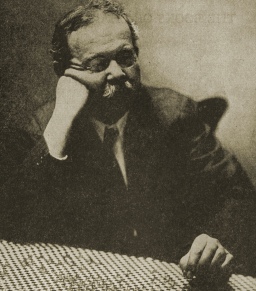
The "Wild Talents" thesis
In recounting a wide variety of odd phenomena, Fort largely disregards his previous teleportation theory, or at least incorporates him into his new thesis. Rather than a vague "Cosmic joker", as he postulated in his earlier books, the responsibility for these occurrences are freak powers that occur in the human mind, that cannot be naturally developed, but are there, Fort feels, as a sort of throwback to primeval times.
Fort discusses many topics he had touched on before, though generally in more detail than in his other works - poltergeists, spontaneous human combustion, animal mutilations, vampires, and ghosts - along with many supposed cases of psychokinesis and ability to control one's surroundings. His thesis is that in primeval times, man needed such extraordinary powers in order to survive in the wilderness, and that all people can potentially develop these powers if they literally put their mind to it. He also explores alleged cases of witchcraft and murder by mental suggestion, compiling an impressive list of "occult criminology" (people apparently being murdered under peculiar or unexplainable circumstances) in support. He also attacks the general sense of taboo which he feels prevents wild talents from being accepted, and suggests that such "talents" would become acceptable if science would deem them as such.
Fort also plays around with the idea that humans are able to transform into animals at will, citing a number of cases of werewolves and other similar creatures such as gorillas and hyenas. He also casually (and quite humorously) dismisses, in one chapter, reports of a talking dog that "disappeared in a thin, greenish vapor", because, in his view, it is an extraordinary event, and he only deals with quite ordinary ones.
Fort also briefly mentions a purported psychic occurrence that happened to him and his family, where he imagined a picture frame in his house falling from the wall, and of course it happened. He regards this with his usual tongue-in-cheek manner, and it is doubtful (as usual) that he seriously believes what he is saying.
This book is available as part of Dover Publications' collection of The Complete Works of Charles Fort.
No comments:
Post a Comment